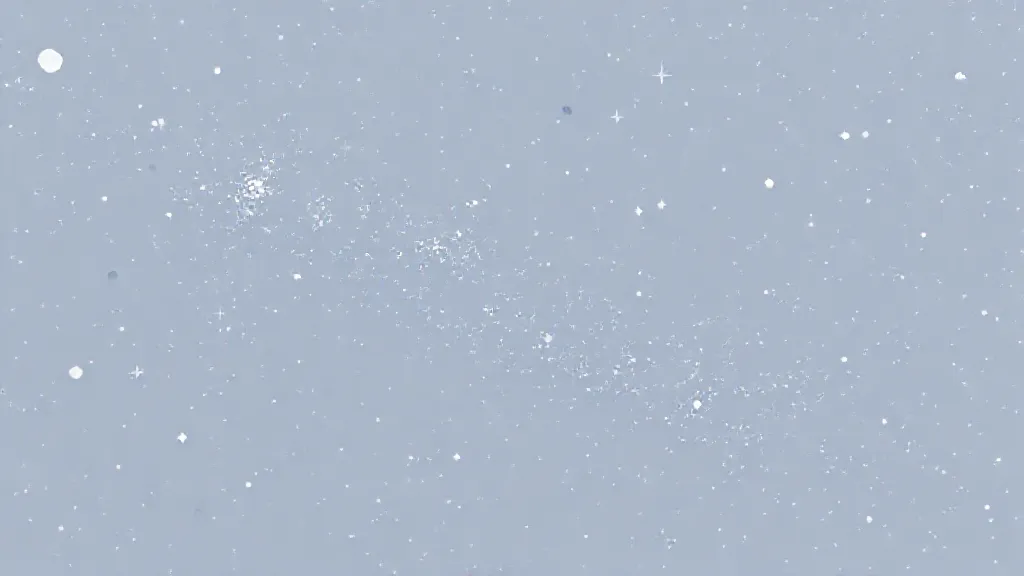The question of whether the universe has an end is one of the most profound inquiries in cosmology. For centuries, humanity has gazed at the stars, pondering the vastness of space and the possibility of boundaries. The universe, as we understand it today, is not just a collection of stars and galaxies; it is a dynamic entity that has been expanding since the Big Bang approximately 13.
8 billion years ago. This expansion raises critical questions: If the universe is expanding, does it have an edge? And if it does, what lies beyond that edge?
The Expanding Universe and Its Implications
The prevailing cosmological model suggests that the universe is not only expanding but doing so at an accelerating rate due to a mysterious force known as dark energy. This expansion is not like an explosion from a single point; rather, it is the fabric of space itself stretching.
If we imagine the universe as a balloon, as it inflates, every point on the surface moves away from every other point. This analogy helps to illustrate that, in a three-dimensional sense, there may not be a definitive "end" but rather an infinite expanse.
The Observable Universe: A Limit to Our Knowledge
While the universe itself may be infinite, there is a limit to what we can observe, known as the observable universe.
This sphere has a radius of about 46.5 billion light-years, beyond which we cannot see due to the finite speed of light and the age of the universe. This does not imply that the universe ends at this boundary; rather, it indicates our observational limits.
The observable universe is essentially a snapshot of the cosmos, shaped by the light that has had time to reach us since the Big Bang.
Cosmic Topology: The Shape of the Universe
The shape of the universe is a critical factor in understanding its boundaries. Current theories suggest several possible geometries: flat, open, or closed.
A flat universe, which current measurements favor, would imply that the universe extends infinitely in all directions. In contrast, a closed universe might curve back on itself, suggesting a finite volume without edges, akin to the surface of a sphere. These theories challenge our perceptions of space and distance, prompting deeper inquiries into the nature of existence itself.
Multiverse Theories: Beyond Our Universe
Some cosmologists propose that our universe might be just one of many in a "multiverse." This theory suggests that other universes could exist with different physical laws and constants. If this is the case, the concept of an "end" becomes even more complex, as our universe might be just one bubble in a vast cosmic foam.
The multiverse theory is still highly speculative and remains a topic of debate among scientists, but it illustrates the potential for infinite realities beyond our own.
Philosophical Implications: What It Means to End
The inquiry into whether the universe has an end is not merely scientific; it also has philosophical implications. The concept of an infinite universe challenges our understanding of existence, purpose, and the nature of reality.
If the universe is infinite, what does that mean for our place within it? Philosophers and scientists alike grapple with these questions, which touch on the essence of being and the universe's role in our understanding of life.
Future Research: The Quest for Cosmic Knowledge
As technology advances, so too does our ability to explore the universe. Instruments like the James Webb Space Telescope are set to provide unprecedented insights into the cosmos, potentially answering questions about the universe's structure and its ultimate fate.
Future research may lead to new discoveries that could redefine our understanding of cosmic boundaries and the nature of existence itself.
Conclusion: The Universe's Mystery Endures
In conclusion, the question of where the universe ends, or if it even has an end, remains one of the most intriguing mysteries in science. Current theories suggest that the universe is likely infinite, yet our understanding continues to evolve.
As we push the boundaries of exploration and knowledge, we may one day uncover the ultimate nature of the cosmos, revealing whether it truly has an end or if it is an endless expanse of existence.
